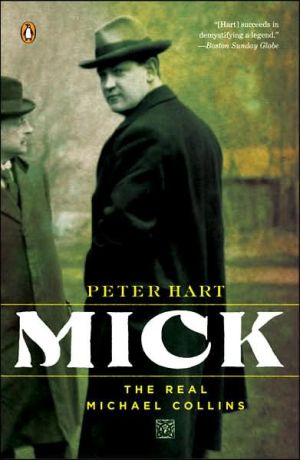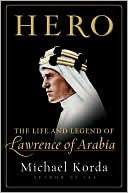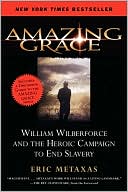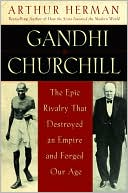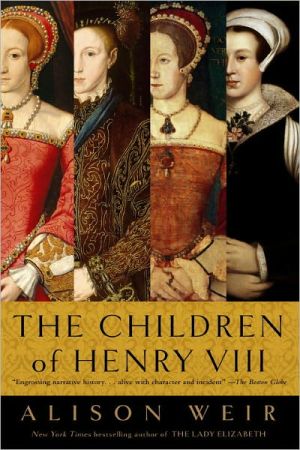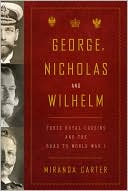Mick: The Real Michael Collins
Few leaders in history have been as mythologized as Michael Collins. Before his death at 31, he had fought in the Easter Rising, organized the IRA and out-spied British intelligence, negotiated the Anglo-Irish Treaty, and run the first independent government in Ireland. Peter Hart’s groundbreaking biography restores humanity to this mythical figure. Drawing on previously unknown sources, delving into Collins’s pre-revolutionary past, and assessing the methods—and the costs—of his rise to...
Search in google:
Few leaders in history have been as mythologized as Michael Collins. Before his death at 31, he had fought in the Easter Rising, organized the IRA and out-spied British intelligence, negotiated the Anglo-Irish Treaty, and run the first independent government in Ireland. Peter Hart's groundbreaking biography restores humanity to this mythical figure. Drawing on previously unknown sources, delving into Collins's pre-revolutionary past, and assessing the methods—and the costs—of his rise to power, Mick reveals a man of often ruthless ambition, more politician than soldier, whose friendships went no farther than his interests. A work as thrilling as it is authoritative. The New York Times - Denis Donoghue Peter Hart's "Mick," a fine biography, concentrates on Collins's work, the tasks he took on for the associations he joined and ultimately for the provisional government: minister of finance, a job he carried out brilliantly; director of intelligence, the main source of his reputation as a hero, daring beyond description; and commander in chief of the army, in which he acted as if he had indeed an army to inspect in full order and battle dress.
\ Denis DonoghuePeter Hart's "Mick," a fine biography, concentrates on Collins's work, the tasks he took on for the associations he joined and ultimately for the provisional government: minister of finance, a job he carried out brilliantly; director of intelligence, the main source of his reputation as a hero, daring beyond description; and commander in chief of the army, in which he acted as if he had indeed an army to inspect in full order and battle dress.\ — The New York Times\ \ \ \ \ Publishers WeeklyHart (The I.R.A. and Its Enemies) is to be commended for his research, but his revisionist view of Irish revolutionary Michael Collins (1890-1922) is fraught with misconceptions. For example, he describes how dispirited the "G" Division (or Special Branch, in charge of political intelligence) of the Dublin Metropolitan Police was in 1919, giving the impression that its members were harmless-and innocent. Yet later on he says the "Special Branch was indeed responsible for murder and torture." This is key to the legacy of Collins, which completely eludes Hart. Collins knew he could not win the revolution on a grand scale. Thus, the battle for Ireland's freedom would come down to an event known as "Bloody Sunday." On November 21, 1920, agents of Collins's infamous Squad assassinated 14 British secret service agents in one morning. Hart dismisses the importance of Bloody Sunday-he gives it two pages- as a messy, almost fruitless endeavor. But the Fenian math is irrefutable: 700 years of British occupation ended within 54 weeks of Bloody Sunday. Hart has an irritating way of inserting himself into the biography, throwing in asides that only lessen the effect of the narrative. This book is best utilized after reading the outstanding biographies of Collins (such as Tim Pat Coogan's Michael Collins), which allow the reader to at least put Hart's assumptions into proper historical perspective. Map. (Feb. 20) Copyright 2006 Reed Business Information.\ \ \ Foreign AffairsThis enormous biography is interesting for two reasons. First, it provides a cool, unromantic look at the life of the young Irish revolutionary, and particularly at his gradual climb in the ranks of the Irish Republican Army (IRA) after the 1916 Easter Rising and at his decision to accept "the Treaty" that led to the independence of Ireland minus the Northern Ireland enclave. Hart, who teaches Irish studies at the Memorial University of Newfoundland, has used all available archives and has systematically separated the facts from the legend. Second, it is a study in biographer ambivalence. Hart's style is flat, like a police report, and shuns the eloquence that so often marked his subject's oratory. He makes valiant efforts to recognize Collins' strength, charisma, and decisiveness after a long period of deliberation and uncertainty. But he accuses Collins of not fully realizing "the uncontrollability of violence and its transformative power." Hart concludes that Collins was "the most successful politician in modern Irish history," whose triple legacy was independence, partition, and the IRA. It will be interesting to see how Hart's Irish readers react.\ \
